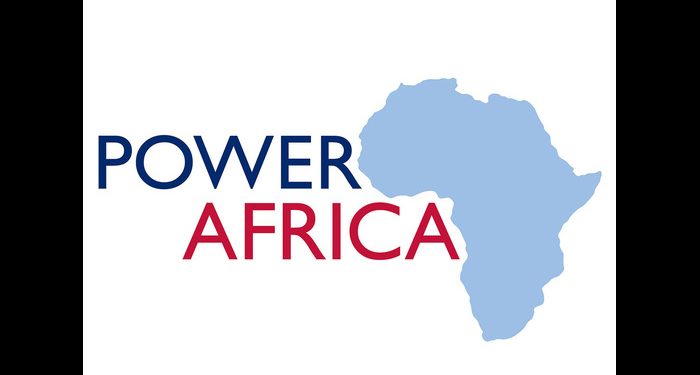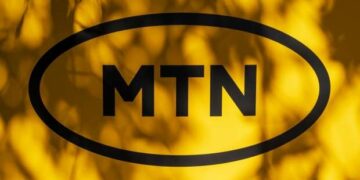USAID’s Power Africa: Counting Wins, Losses As Funding Vanishes
After more than a decade, the United States government has officially discontinued the Power Africa Initiative.
Launched in 2013 under President Obama as a flagship USAID project, the programme aimed to generate 30,000MW of renewable energy for underserved African communities. Originally planned as a five-year initiative, it was later extended to achieve its ambitious goals.
The U.S. government committed $7 billion to the project, with $5 billion coming from the Export-Import Bank, $1.5 billion from the Overseas Private Investment Corporation (OPIC), and $285 million from USAID. The African Development Bank also proposed an additional $3 billion. The initiative was designed as a multi-stakeholder partnership involving the governments of Tanzania, Kenya, Ethiopia, Ghana, Nigeria, and Liberia, alongside major private sector partners such as General Electric, Heirs Holdings, Symbion Power, Aldwych International, Harith General Partners, and Husk Power Systems. The African Finance Corporation also pledged $250 million for energy investments.
By 2015, the Obama administration intensified its efforts, announcing that Power Africa had mobilised over $20 billion in private sector commitments. A year later, the initiative gained momentum with the passage of the Electrify Africa Act, a bipartisan law that reinforced U.S. support for expanding energy access across the continent.
A Decade Later: Assessing the Impact
Twelve years on, Power Africa’s effectiveness remains a topic of debate. The initiative set ambitious targets, including General Electric’s promise to deliver 5,000 MW in Ghana and Tanzania, Symbion Power’s 1,500 MW in energy projects, Aldwych International’s 400 MW of wind power across Kenya and Tanzania, and Husk Power’s plan to install 200 mini-grids in Tanzania.
While some progress was made—such as GE supplying equipment for 600 MW at the Amandi and Bridge power plants in Ghana and Power Africa supporting 672.26 MW of electricity generation in Tanzania—many projects faced obstacles. Husk Power Systems, for instance, shut down its Tanzanian operations due to regulatory challenges and has since shifted its focus to Nigeria and the Democratic Republic of Congo.
In Nigeria, the latest major involvement of Power Africa was a $75 million technical assistance programme formalised through an MOU between USAID and the Ministry of Power. However, beyond this, the tangible benefits of the initiative remain unclear.
A Legacy of Overstated Impact
Despite being a key talking point in discussions about energy access in Sub-Saharan Africa, Power Africa’s actual influence is difficult to quantify. A 2019 report by the U.S. Inspector General highlighted major gaps in the programme’s data accuracy.
The report revealed that Power Africa had often overstated its achievements, citing future projections as completed milestones. For instance, while the initiative claimed in August 2017 that it was on track to add 30,000 MW of electricity by 2030, much of this was based on deals that had not yet materialized—some of which were never built.
Additionally, Power Africa reported 10.6 million new electricity connections by 2017, but nearly 80% of these consisted of handheld solar lanterns rather than access to a functioning power grid. The programme frequently changed how it counted connections, further inflating its reported success.
Moreover, a lack of a structured data verification system meant that some figures—especially those from Nigeria—could not be independently confirmed. The report also pointed out operational inefficiencies, including an 18-month period between 2015 and 2016 when Power Africa’s Nigerian office had no transaction adviser.
Mixed Reactions from the Energy Sector
Power Africa’s closure has sparked a range of reactions from stakeholders in the African energy space. While some acknowledge the initiative’s role in drawing attention to Africa’s energy needs, others view it as a well-intentioned but ultimately ineffective program.
NJ Ayuk, Executive Chairman of the African Energy Chamber, was particularly critical: “Power Africa has been a failure from Day 1. Their focus was on renewables, and they refused to engage with oil and natural gas projects. They didn’t really invest in renewables either—they did studies, organized workshops, and paid U.S. consultants, while Africans received peanuts. Good riddance to another failed aid program.”
The End of Power Africa—What’s Next?
With the initiative now discontinued, the question remains: what comes next for Africa’s energy ambitions? While Power Africa may have fallen short of its promises, it did highlight the urgent need for sustainable energy solutions on the continent.
Moving forward, African nations may look to alternative funding models, private sector partnerships, and homegrown policies to drive energy expansion. Whether these efforts will succeed where Power Africa struggled remains to be seen, but one thing is certain—Africa’s energy future will be shaped not just by external aid, but by its own strategic choices.









